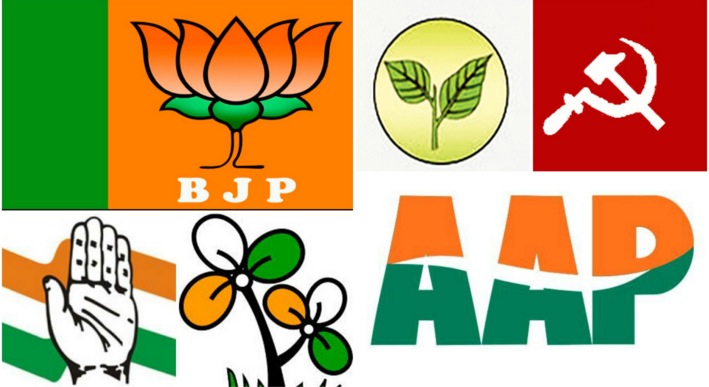By Abdul hafiz lakhani:
The voting pattern among Muslim electors was no different from the general voting pattern in the 2017 Gujarat assembly elections. Voting by Muslims was down by 3.58% against the 3.61% decline in general polling. From 72.17% in 2012, voting by Muslims had come down to 68.59% this time.
There are at least 34 constituencies where Muslim voters are sizeable in number, i.e., 15% or more. Muslims are little over 9% of the total population in Gujarat.There are four constituencies where Muslim voters decide the fate of the candidates – Jamalpur-Khadiya (61.28%); Danilimda (48%), Dariapur (46.23%) and Vagra (44%).
While voting by Muslims in Dariapur was down by 5.93% this year, polling at Jamalpur witnessed a dip by 3.28%. In constituencies like Vagra and Danilimda, the decline in turnout among Muslim voters is slight over 1%. The Congress party fielded Muslims on three of these four seats. (Danilimda seat is reserved for Scheduled Caste candidate.) Some minority-dominated areas in the Old City as well as Tandalja saw good voting.
“Overall, the importance of the Muslim electorate is in specific constituencies like those of Ahmedabad, Surat, Banaskantha and Junagadh. So in a way it is influential in pockets and it is so dispersed in other areas that it does not have a dominant impact,” said Amit Dholakia, professor of political science at Maharaja Sayajirao University in Vadodara.
“In this election, no one has made a visible outreach to the minority community, particularly the Congress. The only one who has spoken about it is (Dalit activist) Jignesh Mevani but that too in just one constituency,” Dholakia added.
Many said that they voted for better governance and education. “I hope that the party that comes to power works for the poor. Price rise is a major issue. The government should take steps to reduce the prices and also provide more employment opportunities,” said Naseem Bano, a resident of Baranpura. Muslims are seen as supporters of the Congress but the party leadership, especially its president-elect Rahul Gandhi, faced allegations of peddling soft Hindutva as he had visited at least 27 temples. He never uttered the word ‘Muslim’ in his string of speeches across Gujarat.
According to 2011 census, Muslims are the biggest minority in Gujarat accounting for 9.65 per cent of the population. Despite this high representation, only two Muslims were elected as MLAs in the state assembly elections in 2012.
Considering that Gujarat has 182 assembly seats, and a high percentage of the population is Muslim, they should have more MLAs from the community. However, over the years, their numbers have only shrunk.
The Bharatiya Janata Party – which has been in power in Gujarat for last two decades – has shown little interest in being inclusive towards Muslims. The BJP fielded only one Muslim candidate in assembly elections in the year 1998. In the state assembly polls in 2012 or even before that in 2007 and 2002, the BJP did not field any Muslim MLA candidates.
Things weren’t different during the Congress era either. In the 1985 assembly elections, the Congress won a record 149 out of 182 seats, however, the number of Muslims MLAs in the Gujarat Vidhan Sabha was merely seven.
About low voting by Muslims, Usama memon, an Engineering student says, representation is not very important in Assembly. we want good education and our security. political empowerment is at second stage “There is less education among youth. And higher education is becoming costly. Most of us are employed in small businesses. But post 2002, there has been good awareness in the community and we are looking ahead to the future than getting into the communal politics.” Our primary need is not political representation, but peace. As a result of prolonged communal peace, we have eight girls with engineering degrees and six CAs in our locality in the past 12 years. We don’t want to affect this scenario

